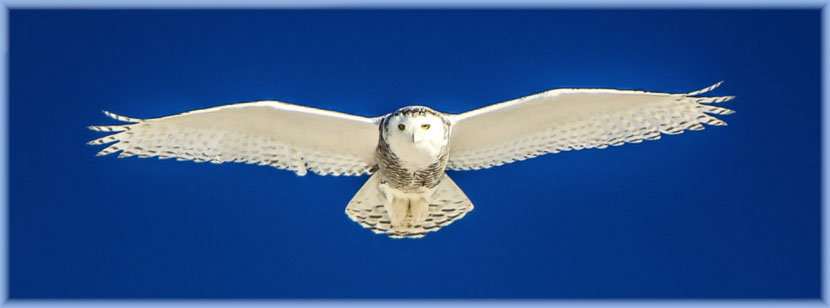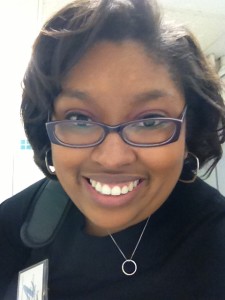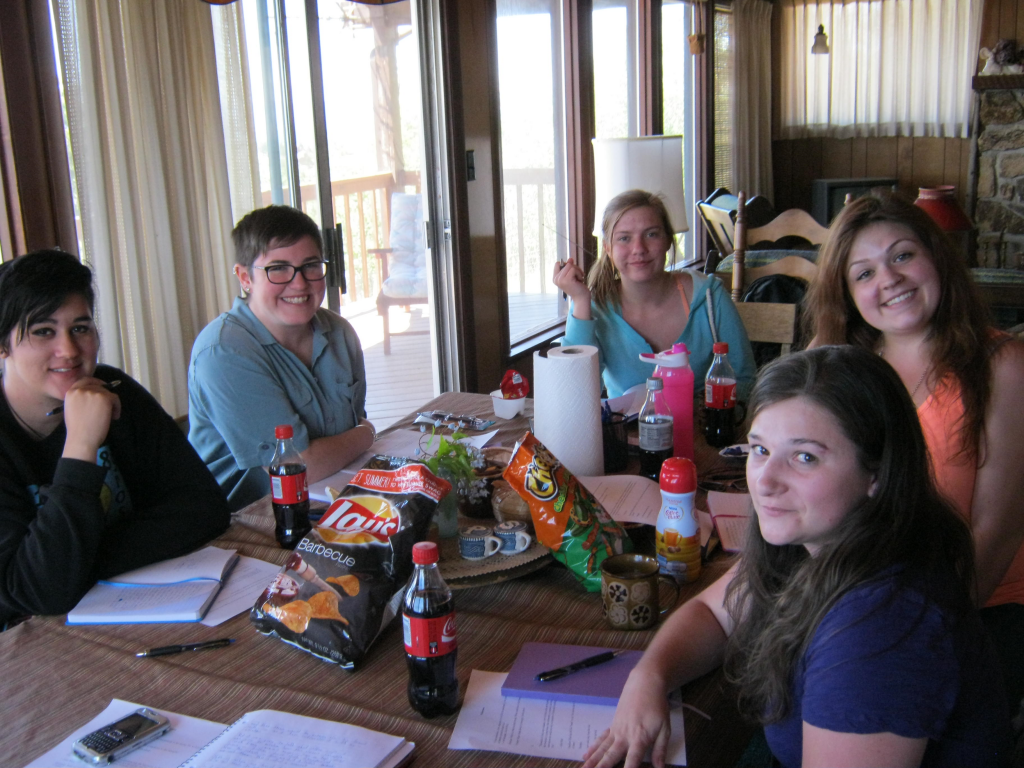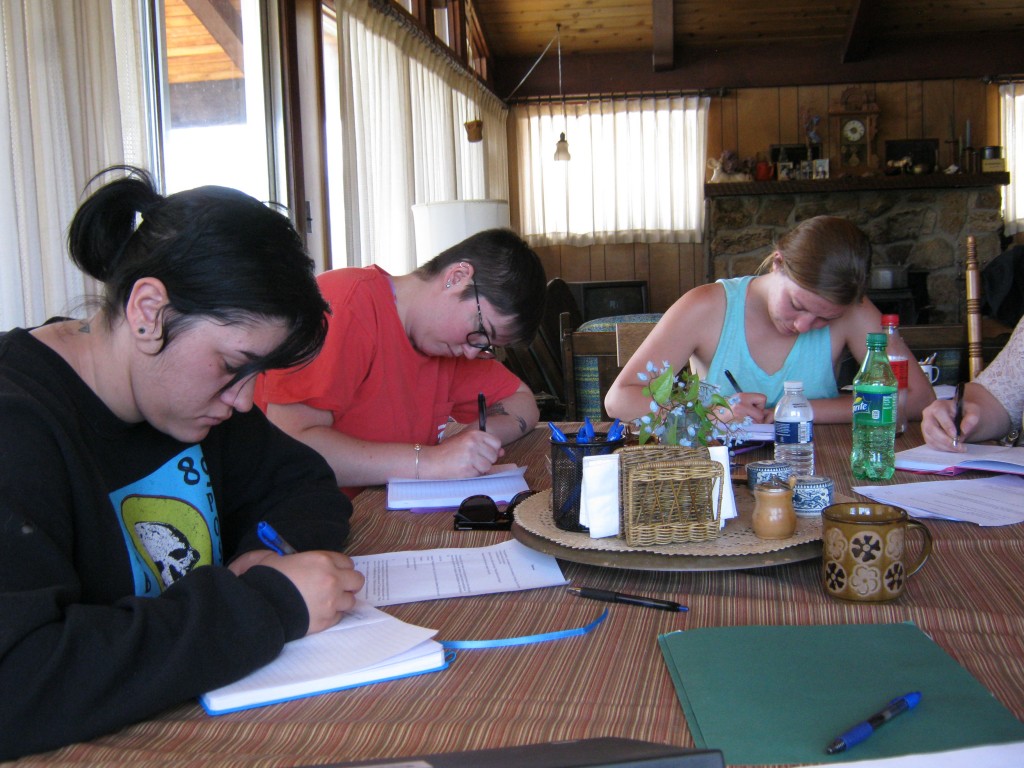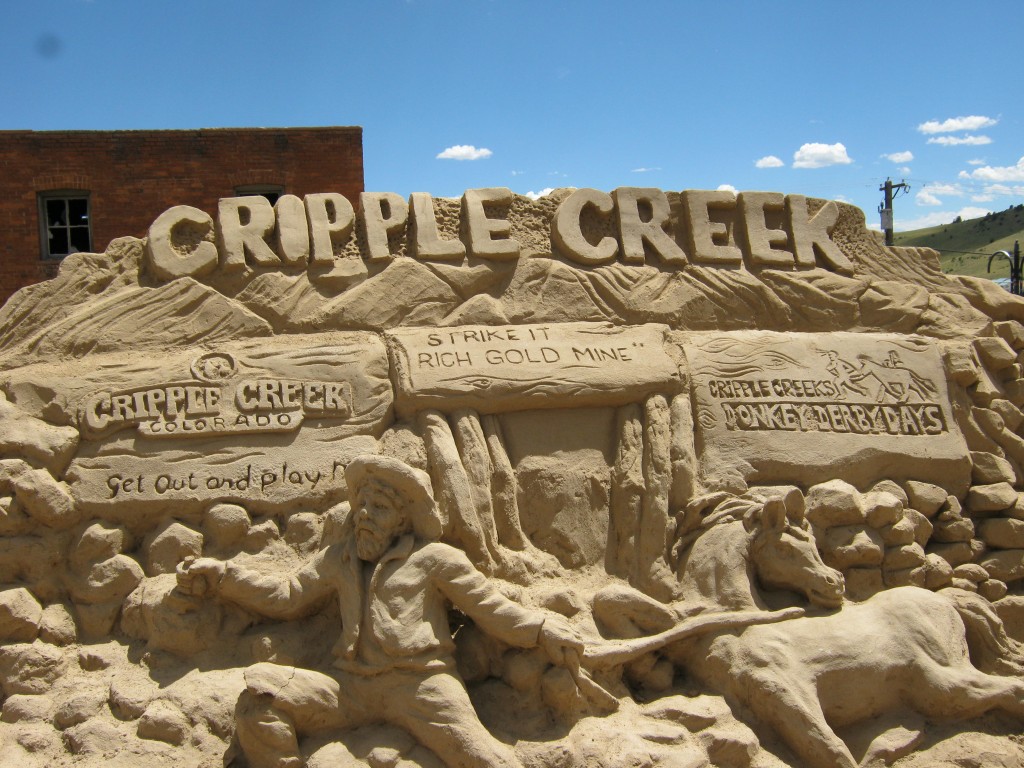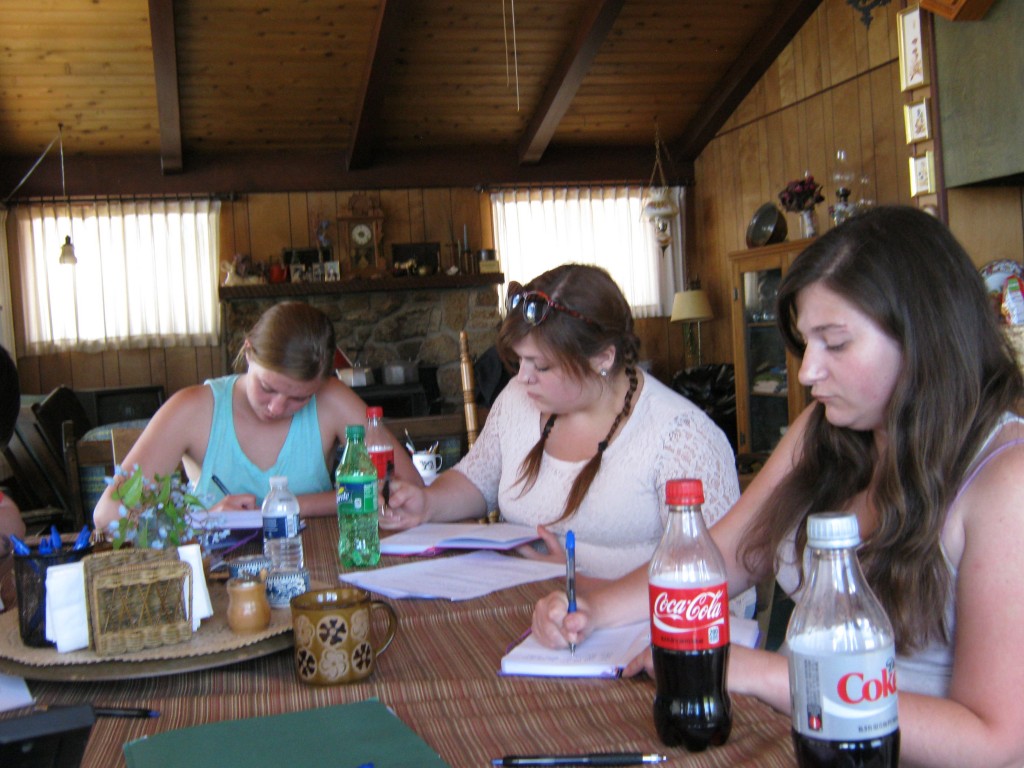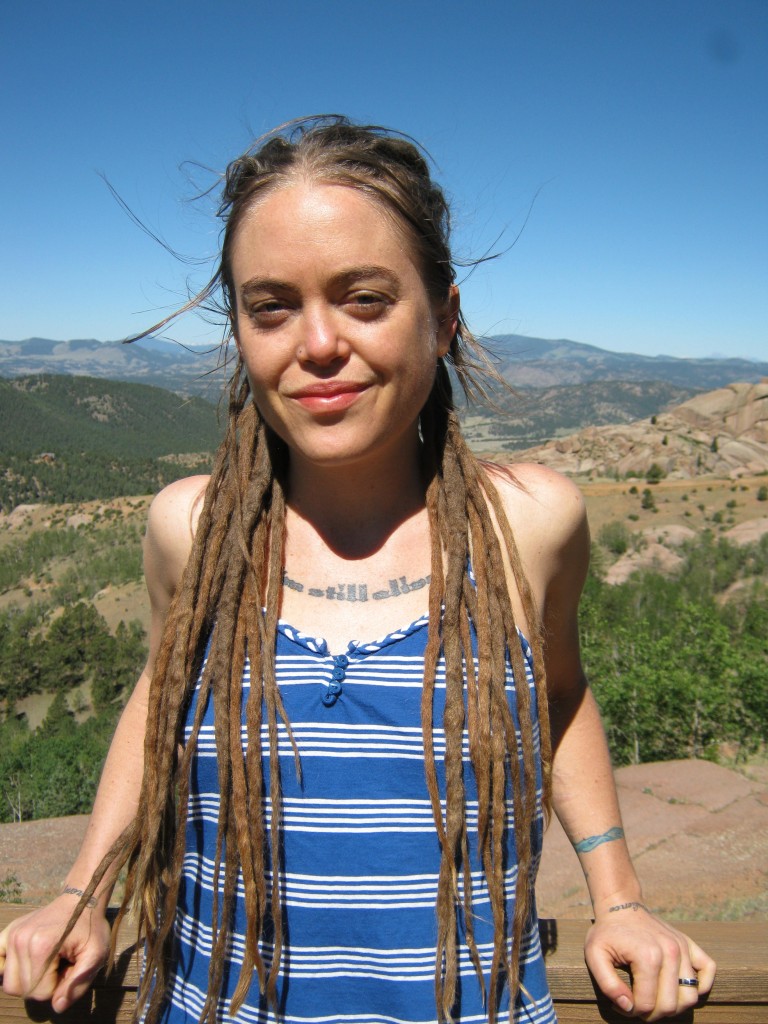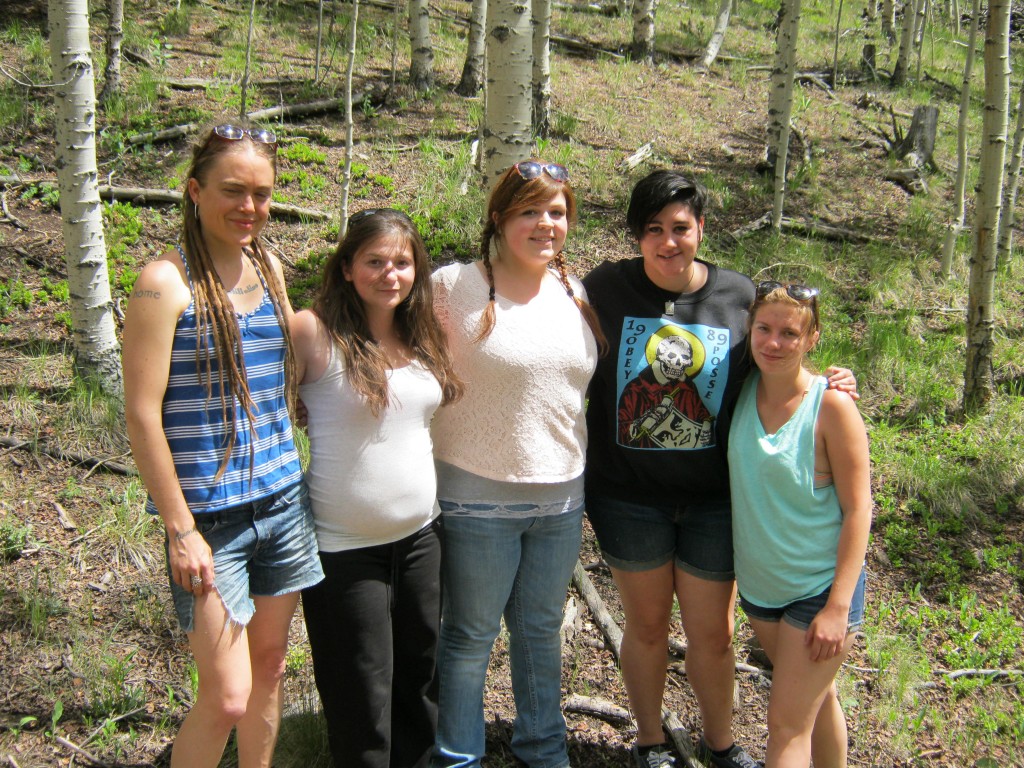The Owl of Minerva Award
Our mission at Minerva Rising has always been to celebrate the wisdom and creativity in every woman. The Owl of Minerva Award was established three years ago to provide one woman writer with a $500 scholarship to further her writing endeavors. However, each of our previous recipients has taken her award and shared it with the community. Our first two winners created a safe space for other women writers by hosting a writing retreat. Last year’s winner is using her funds to partner with the Brazilian NGO to publish the midwives’ stories in Portuguese as a booklet to be distributed in their communities. Their generosity made us want to get in on the fun.
We are in the process of redesigning the Owl of Minerva Award so that it includes not only the women of our Minerva community but those women whose voices are seldom heard.
We hope to announce the changes before the end of the summer.
Stay tuned. . .
2016 Owl Award Recipient: Ellie Stanford
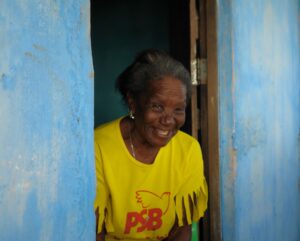
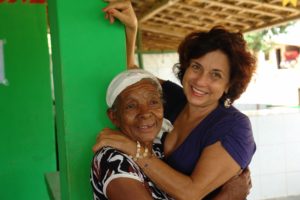 Ellie spent two months in rural Bahia in 2014 as a Fulbright fellow, traveling around the countryside and listening to these women’s stories, and returned last year to continue work on the project, which involved transcribing, translating, and publishing the women’s stories in their own voices. With the help of the Owl of Minerva award, she plans to return in December 2017 to further her research by attending a conference of traditional midwives in Bahia. Her work involves nonfiction pieces that explore, for example, connections between the persecution of midwifery and the destruction of the Atlantic forest, and the role of the Candomblé religion in traditional midwifery. The Owl of Minerva Award was used in part to partner with the Brazilian NGO Grupo Curumim to publish the midwives’ stories in Portuguese as a booklet to be distributed in their own communities.
Ellie spent two months in rural Bahia in 2014 as a Fulbright fellow, traveling around the countryside and listening to these women’s stories, and returned last year to continue work on the project, which involved transcribing, translating, and publishing the women’s stories in their own voices. With the help of the Owl of Minerva award, she plans to return in December 2017 to further her research by attending a conference of traditional midwives in Bahia. Her work involves nonfiction pieces that explore, for example, connections between the persecution of midwifery and the destruction of the Atlantic forest, and the role of the Candomblé religion in traditional midwifery. The Owl of Minerva Award was used in part to partner with the Brazilian NGO Grupo Curumim to publish the midwives’ stories in Portuguese as a booklet to be distributed in their own communities.
2015 Owl Award Recipient: Icess Fernandez
We are thrilled to name Icess Fernandez as this year’s Owl Award winner. The award will be used to fund a weekend writing retreat for 4 to 5 AfroLatina writers from different disciplines ‐‐ fiction, poetry, non‐fiction ‐‐ to explore the theme of identity: the AfroLatina experience in the United States and womanhood. And in order to extend the conversation, the writers from this retreat will host a live reading addressing the topic that will stream internationally using Google Hangout (stay tuned for more details).
Supporting writers is at the heart of Minerva Rising’s mission. We wish we could have granted the wishes of everyone whose worthy request landed amongst the barrage of responses we received. Some women shared innovative ideas and some reached out for help with the simple demands of childcare and extra money for submission fees and editorial costs. As mothers, entrepreneurs, full-time and part-time day jobbers, stay-at-homers and writers ourselves, we all recognize these very real needs. And will continue to do our part to create a space where women can find encouragement and support to express themselves.
A Note from Icess about her experience as an Owl Award Recipient:
It was my distinct pleasure to be able to create a space for Afro-Latina writers. In an age where identity is imposed instead of explored, bringing together five women from different parts of the country, with different countries of origin (Dominican Republic, Cuba, Mexico and Guatemala) and who were on different life paths was liberating. During our extended weekend retreat on Galveston Island, we discussed and explored several topics including what it means to be Afro Latina in America, racial identity vs ethnic identity, and how that search for ourselves informs our work. This culminated into an online reading, Love, Culture and Identity: An Afro Latina Reading, which was broadcast worldwide. About 100 people signed up to view the reading but more than double showed up. As a result, more readers were exposed to Afro-Latino culture and voices, something that is not as readily available among today’s creators.
Watch the online reading of Love Culture and Identity: An Afro Latina
2014 Owl Award Recipient: Chelsey Clammer
The Wild Ones:
A Weekend Writing Retreat in the Colorado Mountains
Cripple Creek, Colorado. A three-bedroom house built in 1971, its furnishings unchanged since the day it was filled. The house is in a forest. The forest is in a mountain range. Five women enter into this house, enter into the wilderness for a weekend writing retreat. There’s the organizer of the retreat, a writer who can be a little crazy (read: wild), because she’s a writer and all writers are a bit wild. There’s the songwriter who brings her own sense of wild to the group—living freely in one’s body by cooking delicious meals and encourages everyone to listen to their hungers and feed their bodies without guilt, feed them in an act against the socially constructed idea that women are not enough if their bodies are too much, if they consist of more than just bones.
How wild.
But what’s really wild is how a group of four young women (ages 18, 19, 20 and 23) from Denver who are experiencing homelessness and who struggle with substance abuse and mental illness issues, enter into the wilderness of a Colorado mountain town to face the wilderness of their lives—homelessness, addiction, mental illness—with a pen.
When Kim Brown (Editor-in-Chief of Minerva Rising), informed me that the next issue of the journal will focus on the theme of “Wilderness,” we both knew this was fortuitous. As the winner of this year’s Owl of Minerva Award, I had already planned to take some of the youth I work with through a Denver nonprofit organization that provides transitional housing and resources for homeless youth with substance abuse and mental illness issues, and so when Kim stated what the theme of the next issue would be—Wilderness—we knew the retreat would be amazing and full of so much meaning for everyone involved.
On June 28th, myself, another staff member with my agency, and four of the youth we work with took the two-and-a-half hour drive from Denver to Cripple Creek to enter into numerous notions of wilderness. My family has a vacation home up in Cripple Creek, a house built by my grandparents in the 70’s that’s large enough to comfortably host six women. During the weekend writing retreat, the youth reflected on, discussed, and wrote about the different ways the concept of “wild” has been an aspect of their lives. From writing about how wild can mean feeling free to how wild it feels to still be alive after having faced so many life challenges in such a short period of time, the youth entered into their experiences through writing and emerged from the retreat with a fuller sense of themselves. One necessary element of this weekend was how the other staff member, a songwriter who brought her lyricism and wry humor to each writing exercise and excursion into town as we attended the Donkey Derby Days street festival (yes, there were donkey races and a petting zoo with wolves, bulls, sheep, llamas, and of course, donkeys), cooked wonderful meals for the group. Writing about one’s past can be taxing on the mind, body, and spirit, and so feeding the body is a necessity when doing tough emotional work.
Personally, from this experience I was able to see how a woman who doesn’t have the resources to write on a regular basis, but would like to, approaches writing. These young women have so much to say, but have yet to be able to figure out how to write about it and share their experiences with the world. As writing is a way to connect with one’s spiritual and emotional core, the youth have always felt that urge to write about their pasts, but haven’t been given the necessary tools in order to do so. Part of the retreat focused on learning certain writing skills and techniques intended to encourage them to write, while other skills focused on how to take care of themselves as writers (i.e. what to do when you write too much about an intense topic and trigger yourself). Through the course of the retreat, the young women began to see writing as an avenue in which they could give voice to their experiences as they were encouraged to share their raw personal writing with each other. By the end of the retreat, the youth were able to see that sharing their personal experiences through writing can help another woman realize the importance and validity of her own experiences. Everyone involved in the retreat came to see how we can connect with others through writing.
I have taught these writing skills in online workshops for a while now. Being with these young women in person, however, and working with them in the same physical space before, during, and after the retreat really helped me to realize what it is to be a young writer, especially a young woman who wants to write but might not have the support and tools needed to be able to do so. The experience connected me to the ways in which people approach writing differently in relation to resources (such as time, money, emotional support, and education). One woman, for instance, loves writing but doesn’t allow herself to do it. She doesn’t think she can’t write since she never graduated high school and thus doesn’t know the proper spelling of most words and how to use grammar “correctly.” The retreat showed her, as well as myself, that there is no “right” way to write. We simply write.
I believe this retreat greatly contributed to the mental, physical, emotional, and spiritual well-being of the youth. From getting out of the city, to being in a supportive, sober space in which they could tell their stories, as well as receiving the necessary tools needed in order to write (a pen, a journal, time, and encouragement) this retreat strengthened the women’s belief in themselves as a woman with valuable stories to tell, stories about how they have navigated multiple types of wildernesses in the world. They saw how through writing they can become wild and free.
My deepest thanks goes to Kim Brown and all of the staff at Minerva Rising for giving myself and five other women the opportunity to explore themselves and strengthen their confidence in themselves not only as writers, but as women, as well.
Chelsey Clammer
July 2, 2014
Roberta Anslow is an award-winning photographer who specializes in original, natural light photography and digital art collages. Her work reflects her love of and fascination with the waterfront and focus on these elements of daily life. She is able to highlight its beauty and uniqueness through refining the subject’s colors. Roberta believes that her work enables the viewers to better understand and appreciate the beauty in everyday life. Roberta is owner of Pink Catahoula, www.pinkcatahoula.com, which provides Design, Printing, and Digital Media Services to small businesses and artists. Her work is now located in homes and businesses throughout the world.

